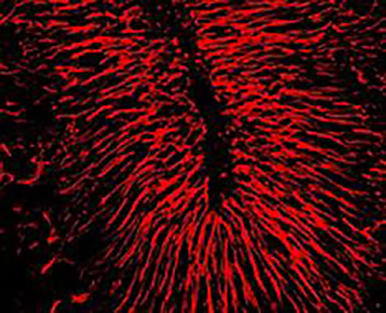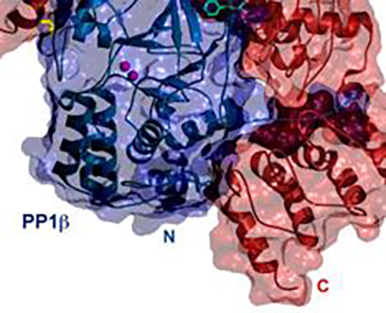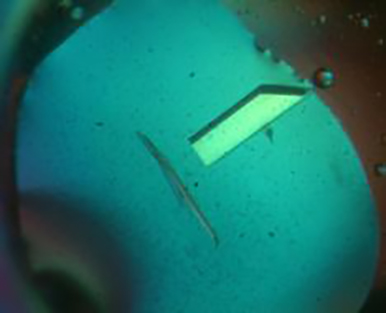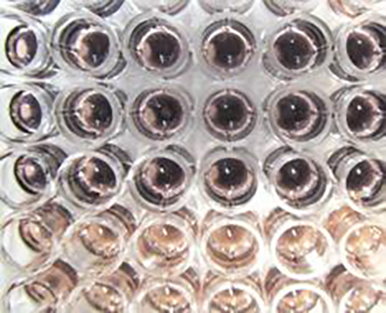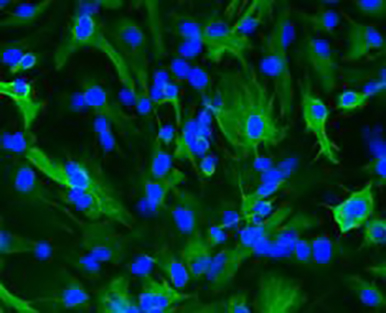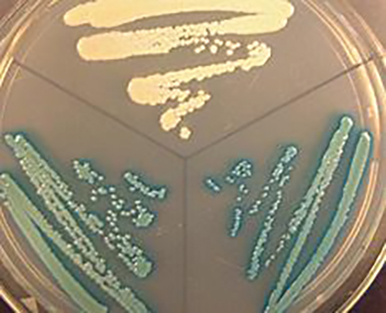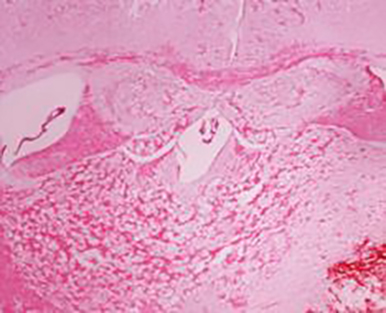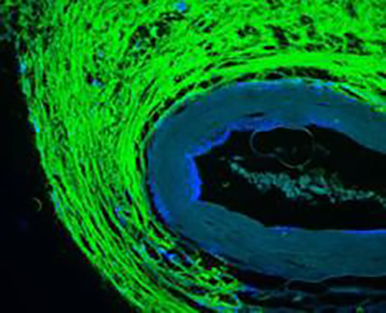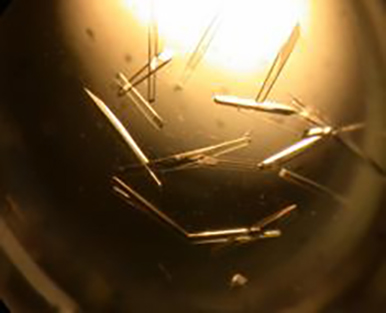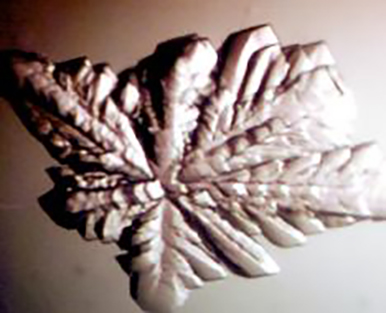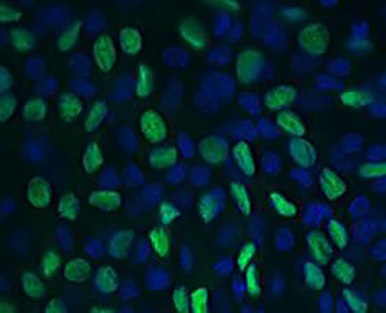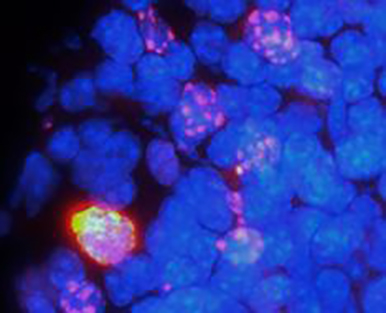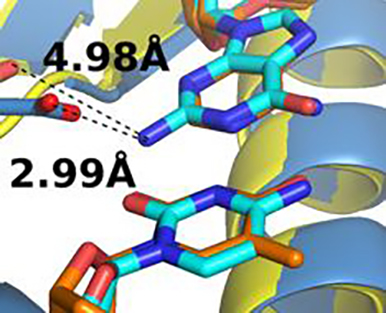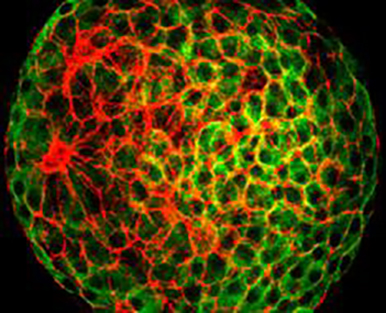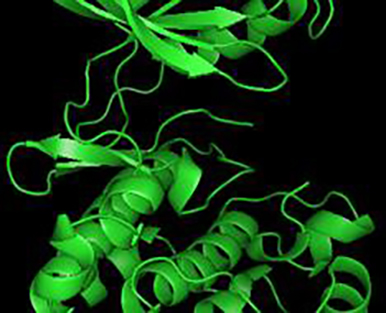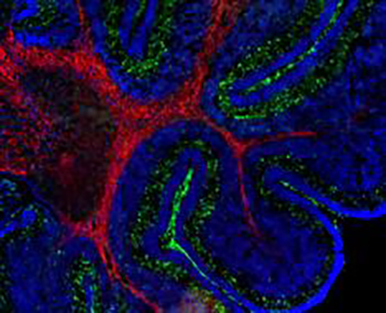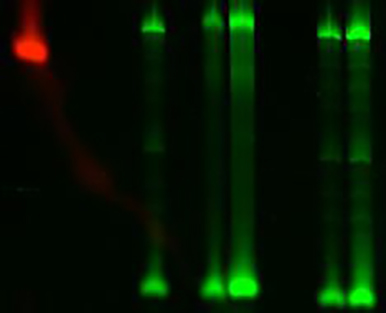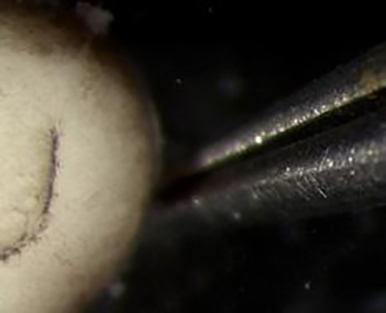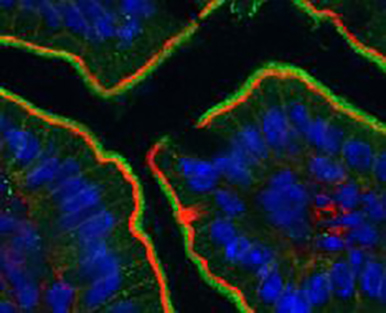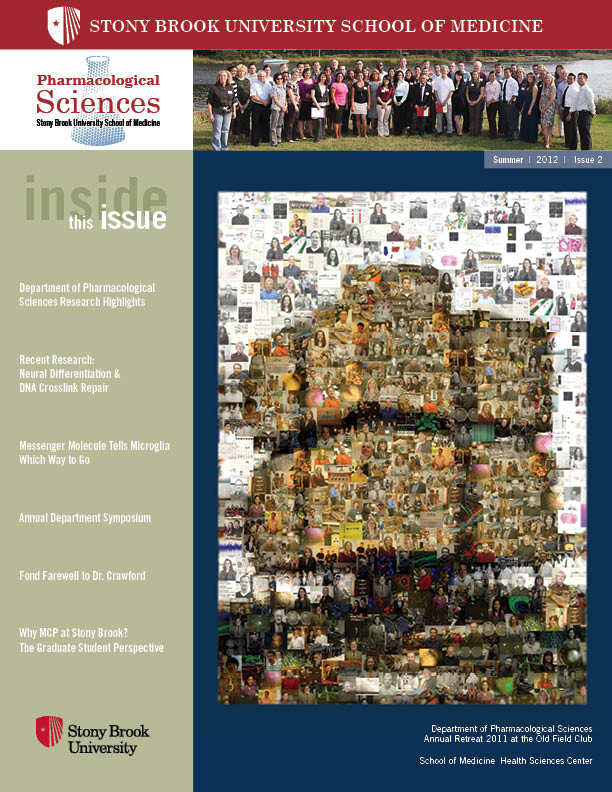Welcome to the Department of Pharmacological Sciences
Our mission is to provide excellence in biomedical research, graduate and undergraduate education. Our faculty bring in more than $10 million annually in direct extramural support, and exciting findings are reported regularly in a host of premier journals.
PROGRAMS:
Our Ph.D. program in Molecular and Cellular Pharmacology brings together gifted students, scientists and physicians from BNL, CSHL, and SBU striving to explore the biochemical and molecular biological mechanisms that regulate cell and organ function, and the design and development of effective pharmacological means to intervene in them when they are errant.
Our M.S. program in Biomedical Science, track Pharmacology provides a sound scientific foundation for students pursuing careers in the academic, pharmaceutical, and government sectors.
Undergraduate Studies in Pharmacology BCP 401/HBH 501/HBH 631 and BCP 402/HBH 502/HBH 632, which are required for most first-year graduate students (both Masters and PhD), are open to upper-level undergraduates as BCP 401 & 402.
NEWS:
Christopher Brownlee Featured in Stony Brook News
What Cells Can Teach Us About Disease - Christopher Brownlee’s interest in cell biology grew from two sources: a desire to improve human health and a long-standing fascination with cellular complexity.
Congratulations to Paul Fisher for being selected for induction into the Alpha Omega Alpha Honor Society
Dr. Christopher Brownlee featured on the cover of EMBO reports
This month's cover highlights the article Palmitoylated Importin α Regulates Mitotic Spindle Orientation Through Interaction with NuMA by Patrick James Sutton, Natalie Mosqueda and Christopher Brownlee. The image shows a dissected brain from a Xenopus laevis stage 46 tadpole, showcasing midbrain and hindbrain structures. The brain is stained for nestin (green - neural progenitor cells) and beta-tubulin (magenta - all neurons).
Dr. Dongyan Tan featured in Stony Brook Magazine
Congratulations to Dr. Tan for being featured in the Spring ‘25 edition of Stony Brook Magazine. The article is titled "Scientific Synergy" and talks about how Stony Brook’s long-standing collaboration with Brookhaven National Laboratory empowers faculty to accelerate their impact on research innovation. For nearly three decades, Stony Brook University (SBU) faculty and students have advanced scientific discovery through a special, collaborative relationship with one of the nation’s top research facilities, Brookhaven National Laboratory (BNL).

